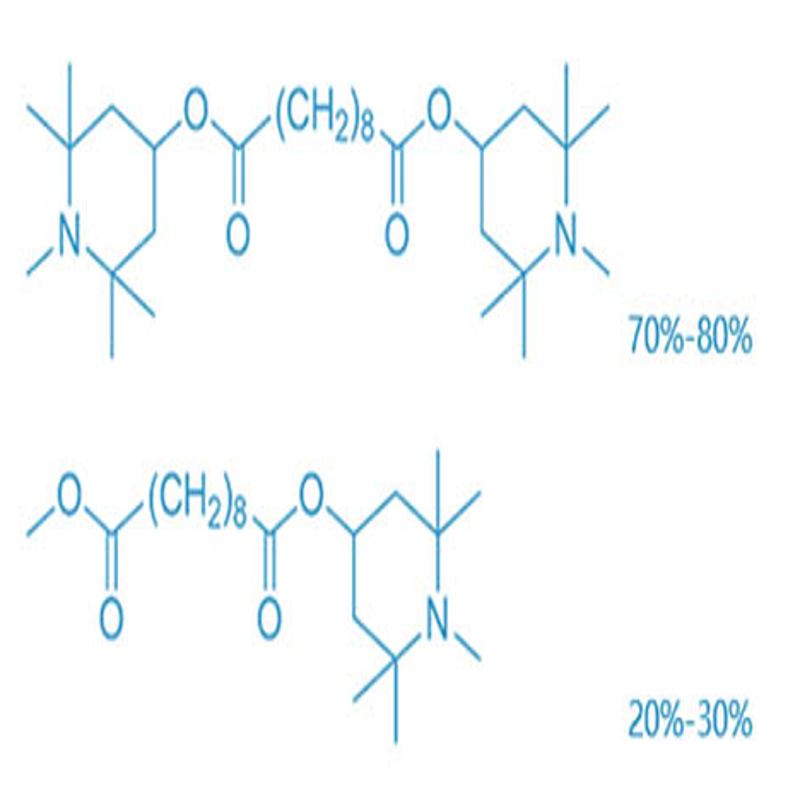-
Categories
-
Pharmaceutical Intermediates
-
Active Pharmaceutical Ingredients
-
Food Additives
- Industrial Coatings
- Agrochemicals
- Dyes and Pigments
- Surfactant
- Flavors and Fragrances
- Chemical Reagents
- Catalyst and Auxiliary
- Natural Products
- Inorganic Chemistry
-
Organic Chemistry
-
Biochemical Engineering
- Analytical Chemistry
-
Cosmetic Ingredient
- Water Treatment Chemical
-
Pharmaceutical Intermediates
Promotion
ECHEMI Mall
Wholesale
Weekly Price
Exhibition
News
-
Trade Service
Russia's recent renewable energy tender has sparked interest from foreign investors in the sector, but the country's electricity market remains dominated
by traditional energy, GlobalData said on Tuesday.
According to GlobalData's latest Russian electricity market outlook report for 2030, the country remains highly dependent on conventional electricity as these resources are increasingly supported by the government and their dominance will continue in the future
.
At the same time, it began holding auctions of non-hydro renewable energy in 2013, and prices have been falling, making it more competitive
than traditional energy sources.
"Russia's renewable energy sector has thus become more cost-competitive, and possible renewable electricity in the future could challenge the country's gas power," said
Chiradeep Chatterjee, a power analyst.
Compared to traditional competitors, non-hydro renewables, especially wind and solar, will achieve the highest growth in 2018-2030, but will account for only 3.
9% of Russia's total installed capacity in 2030, while thermal power will account for 66%, the share of hydropower is expected to be 19.
3% in the same year, while the share of nuclear power is expected to be 10.
8%.
GlobalData revealed that under its 2030 energy strategy, Russia aims to get nearly 50% of its total electricity
from hydropower and nuclear power.
This is why the government has stopped maintaining a comprehensive policy of non-hydropower renewables and relies on "cheap conventional energy supplies"
.
Russia's recent renewable energy tender has sparked interest from foreign investors in the sector, but the country's electricity market remains dominated
by traditional energy, GlobalData said on Tuesday.
According to GlobalData's latest Russian electricity market outlook report for 2030, the country remains highly dependent on conventional electricity as these resources are increasingly supported by the government and their dominance will continue in the future
.
At the same time, it began holding auctions of non-hydro renewable energy in 2013, and prices have been falling, making it more competitive
than traditional energy sources.
"Russia's renewable energy sector has thus become more cost-competitive, and possible renewable electricity in the future could challenge the country's gas power," said
Chiradeep Chatterjee, a power analyst.
Compared to traditional competitors, non-hydro renewables, especially wind and solar, will achieve the highest growth in 2018-2030, but will account for only 3.
9% of Russia's total installed capacity in 2030, while thermal power will account for 66%, the share of hydropower is expected to be 19.
3% in the same year, while the share of nuclear power is expected to be 10.
8%.
GlobalData revealed that under its 2030 energy strategy, Russia aims to get nearly 50% of its total electricity
from hydropower and nuclear power.
This is why the government has stopped maintaining a comprehensive policy of non-hydropower renewables and relies on "cheap conventional energy supplies"
.







